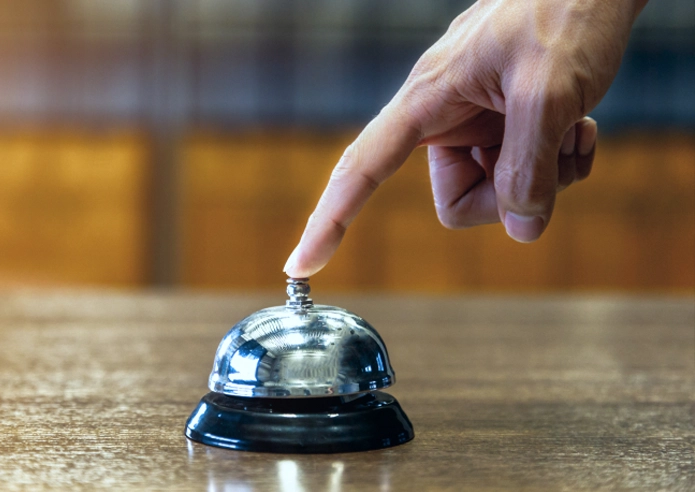
Hospitality sector hit but not sunk
Travelling around the world, for business reasons or getting to know new destinations, discovering natural paradises, visiting big cities, lost towns or other wonders of […]
Travelling around the world, for business reasons or getting to know new destinations, discovering natural paradises, visiting big cities, lost towns or other wonders of the world.
Nevertheless, all this has been paralysed in recent times, due to the global health crisis we are experiencing. What can the hospitality industry do in the face of this adverse scenario?
First the confidence of business- and pleasure travellers has to be rebuilt to get them to travel again, concerning this issue Zurab Pololikashvili Secretary General of World Tourism Organisation UNWTO says “Accelerating the pace of vaccination worldwide, working on effective coordination and communication on ever changing travel restrictions while advancing digital tools to facilitate mobility will be critical to rebuild trust in travel and restart tourism.”
As UNWTO points out, vaccination and digital solutions are going to play a key role in the sector’s recovery. Vaccination continues to make good progress, however digitalisation in the sector is still a pending subject for many companies.
Companies in the hospitality industry should be aware of the benefits that digitalisation – big data, advanced analytics and artificial intelligence in particular – can add to their business. The industry should apply these technologies to offer differentiated and customised products and services that meet the requirements and wishes of any individual customer.
Data management allows one to analyse and make the most of the data generated by travellers and external data such as weather forecasts and seasonal events which affect hospitality directly. Applying big data and AI algorithms to data like the location of reservations, the origin of travellers, age, personal tastes, food preferences, vaccination information, can result in valuable patterns and trends in consumption.
This information can be of great value to establishment owners and can help them improve sanitary measures, better manage capacity and reservations, minimise CO2 emissions, optimise the supply of healthy and fresh food and reduce waste for a variety of international guests.
In conclusion, technology enables these establishments to improve the travellers’ experience by providing a more personalised, secure service adapted to the changing health situation. This can help improve traveller confidence and boost the tourism sector once again.

